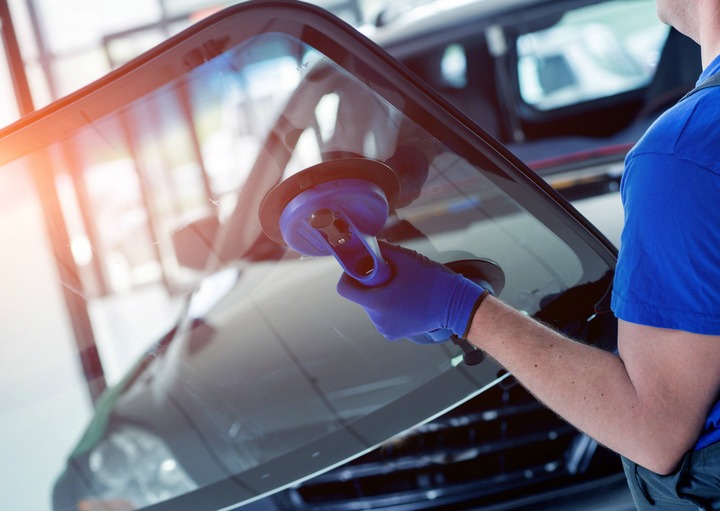Auto Repair Tips And Techniques For Enthusiasts
Wear and tear on your car can quickly become an expensive disaster if you aren't sure how to do simple maintenance. In the case that you have to fix something, doing it yourself can save money. Read this tips in this article so you can learn simple and useful auto repair.
Don't pay money for air. Familiarize yourself with the correct air pressure of your car tires and invest in an air compressor. Check your tires on a regular basis and keep them properly inflated on your own. Being able to do this yourself on a regular basis will save you money in terms of wear and tear and regular maintenance.
Always ask lots of questions when you take your car to get repaired. Don't let the mechanic intimidate you. Ask why something needs to be fixed or how it will be done. If the mechanic tries to brush you off, doesn't look at you, or refuses to answer your questions, consider taking your car to someone else.
Friends and family are a good source when you are looking to get some work done on your car. Ask around to see if anyone can suggest someone to you before you go on your search. Never go with the opinion of one person. Ask a few and see what other answers you get.
In addition to basic tire changing equipment, keep a plastic tote filled with DIY auto repair supplies in the trunk of your car in case of emergencies. Fill it with at least a quart each of motor oil, transmission fluid, steering fluid, and brake fluid and a gallon of water. Add a can of penetrating oil spray, a roll of duct tape, twine, bungee cords and basic tools so that you can manage minor repairs on the road.
Do not hover over the technician while they are trying to do work on your car. It is important that you spend time with them to explain what the problem is with your vehicle, but once you have done that, leave them alone so they can do their job without any interruptions.
Avoid costly car repairs by sticking to the maintenance schedule of your car's manufacturer. By doing regular maintenance on your car when necessary, you will avoid having to fix things due to maintenance neglect. Not sticking to the maintenance schedule will result in unnecessary repairs which could have been avoided.
Ask your auto mechanic about their A.S.E. certification. The National Institute for Automotive Service Excellence has a test twice a year for it. To earn this certification, mechanics must pass a written test while also having about two years of work experience in auto mechanics and repair. This certification increases your chances of finding competent mechanics.
Don't ignore small annoying sounds or problems. These tiny annoyances, such as noisy brakes, are usually cheap to fix. If ignored, however, they can usually lead to much more extensive problems and expensive repairs. Replacing worn brake pads now is much cheaper than having to replace the pads, rotors, brake lines, and calipers later.
Know the basics. If you have to take your car into the shop, be prepared to let them know what the make and model of your car is. Also, the actual trim level is important as it will give the technician more information about the engine, transmission and anything else that may be important.
Compare prices among your local auto body repair shops before you decide which on to choose. Even though labor charges are pretty uniform, the amount of time that each shop believes the repair could take could vary, as well as what they will charge you for the parts. Be sure to shop around so that you get the best deal possible.
Keep full copies of all of your auto repair work orders and every receipt as well. You'll want to have this proof available if any workmanship issues crop up. Plus, when you are selling the car, you'll tend to get more value for it when you are able to show exactly what has been repaired and how.
Do not fall prey to the notion that you have to get a tune-up at any specific time. Every car is different, and the manufacturer will indicate when you should bring the vehicle in to the shop. By following that schedule, your car is much more likely to run well.
Keep your car manual in your car. In fact, keep the manual and any other documentation your car may have, including details on past repairs, tune-ups and more. The more data points your auto repair shop has to look into an issue, the better chance that they'll be able to give you a strong idea about what is going on with your car.
As stated in the beginning of this article, it can quickly add up if you keep having to take your car into the shop. Learning some simple tricks for maintenance will save you a headache later. Remember these tips so you can use auto repair to the best of your ability.

